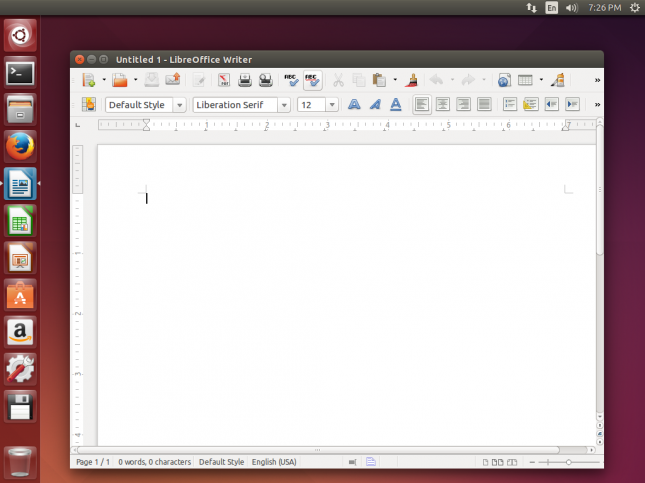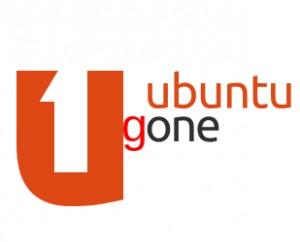Ubuntu 14.04 LTS Goes Public
The world’s most widely used Linux distro hit the ground running last week with the release of Ubuntu 14.04 (Trusty Tahr). This version looks to be the last LTS (Long Term Support) before the impending launches of Unity 8 and Mir. Unity 8’s hoping to unify the software between Ubuntu’s mobile interfaces with the desktop experience much the way Microsoft aimed to do with Windows 8 and recent iterations of Windows Phone. Mir, of course, is the new display server set to replace X in Ubuntu, much to the chagrin of the community and it’s Wayland proponents.
Ubuntu also brought back the ability to unlock programs’ contextual menus from the top panel to the top of the application itself, a long despised design for the Gnome fans of older Ubuntu releases. Being an LTS release, a few big changes were made but only those that Canonical passes as stable. Here’s few upgrades to look forward to:
- A gorgeous new iteration of the orange-sherbet color scheme!
- New 3.13 kernel with the highly anticipated 3.15 on the docket with a currently available release client
- BTRFS support from installation
- Major updates in the LAMP stack
- Native TRIM support
BTRFS support is one of the most exciting features of the release. The file system is built to bring RAID level reliability to even single disk volumes. Many, including Theodore Ts’o the head developer behind ext3 and ext4 (Linux’s default journaling file systems of today’s current distributions), believe BTRFS to be the best option for file storage in the future. It brings all the benefits of ext4 with native snapshots and JBOD-esque disk spanning volumes. With all the added features, BTRFS has some additional overhead to writes versus alternate options, but makes quite a bit of headway with decreasing seek times to a fraction of what ext4 would offer on a spinning disk. Ultimately, with storage bandwidth steadily increasing between SATA revisions and the projected affordability of solid state storage, now seems like an appropriate time to implement the stabling technology.
Having scheduled the drop for Canonical’s cloud service Ubuntu One, you’ll no longer find the prompts for logging into or purchasing an account. Canonical noted the performance of their service in the midst of other thriving cloud services and decided “The free storage wars arent a sustainable place for us to be, particularly with other services now regularly offering 25GB-50GB free storage. If we offer a service, we want it to compete on a global scale, and for Ubuntu One to continue to do that would require more investment than we are willing to make. We choose instead to invest in making the absolute best, open platform and to highlight the best of our partners services and content.”
Of course, with any Ubuntu launch also comes the launch of new versions of the popular variants like Kubuntu, Lubuntu, and Xubuntu. The quick up-and-comer Linux Mint is scheduled to release it’s take some time near the end of May.


